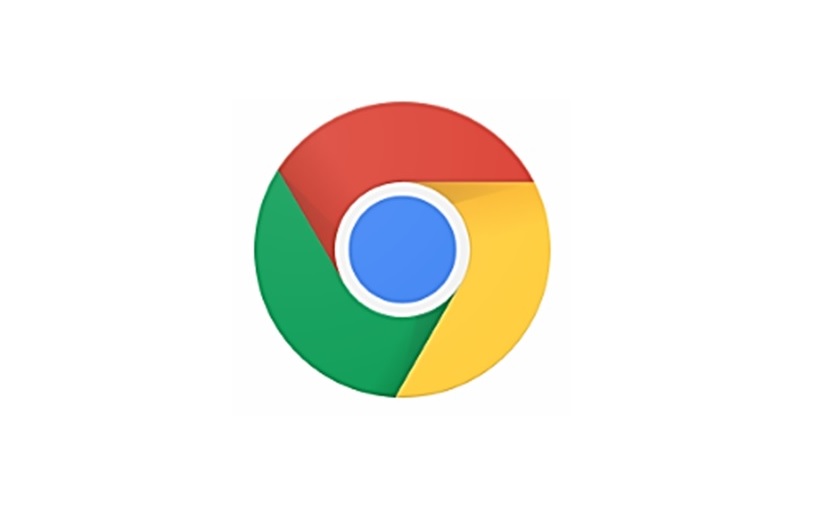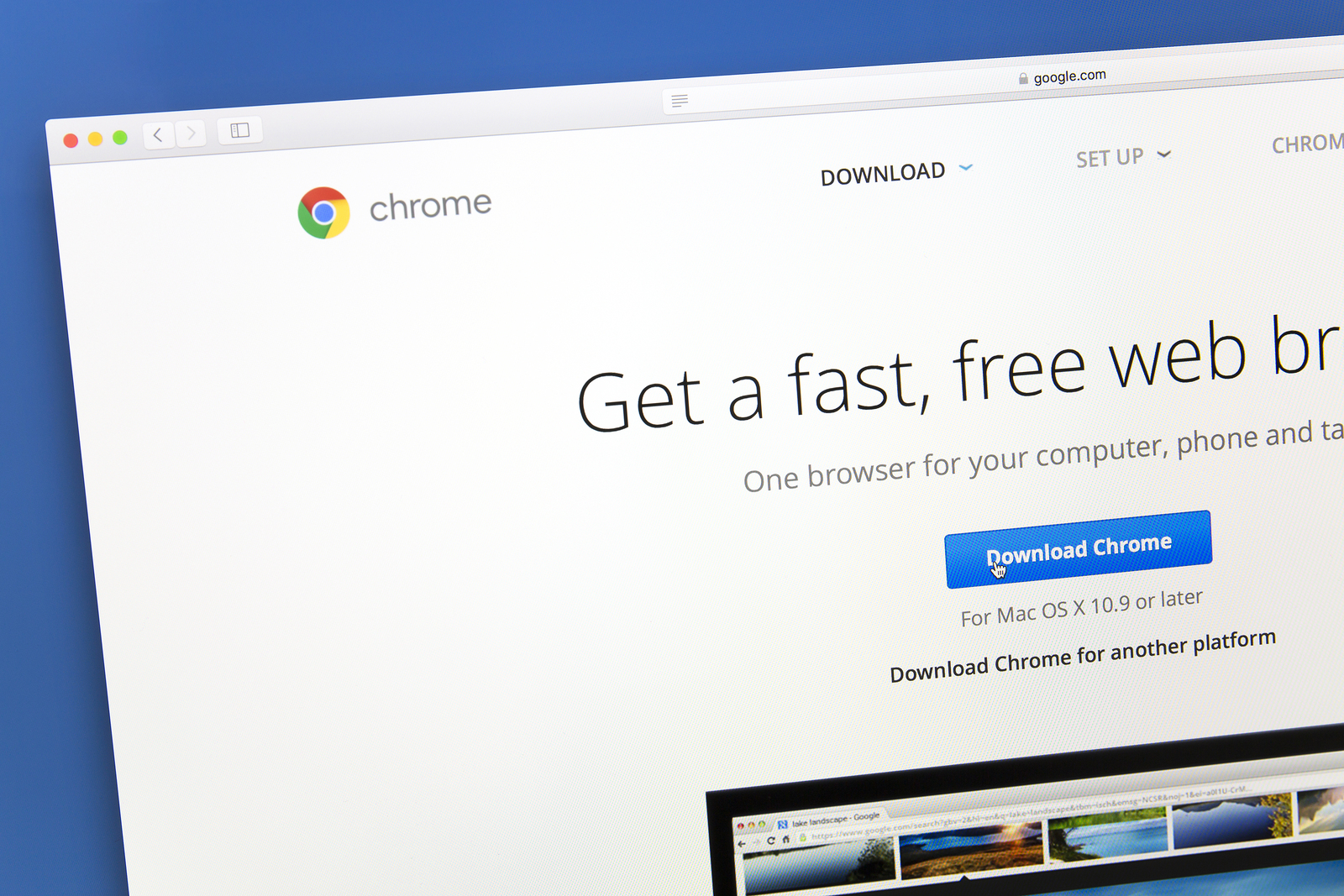Google Chrome bags new data encryption extension
A new end-to-end extension is being added to Google's Chrome Web Store that will encrypt data and emails sent by users


Google has introduced a security extension for Chrome aimed at adding extra protection to data and emails sent through the browser.
The Chrome extension will offer additional security for users by encrypting outgoing emails, which the message's recipient can decrypt them at their end. Similarly encrypted incoming messages will also remain that way until the user chooses to decrypt them through their own browser.
This new tool fits in with Google's ongoing mission to improve online security for its users, and the browser extension aims to simplify the process of using end-to-end encryption tools for everyone.
Services such as PGP and GnuPG have previously required a certain level of knowledge and effort to use, while this new tool from Google promises to make things easier by releasing an extension that uses OpenPGP, supported by many existing encryption tools.
When announcing the tool on their blog, Google wrote: "Your security online has always been a top priority for us, and we're constantly working to make sure your data is safe."
Data previously collected by Google suggests that around 40 to 50 per cent of emails sent between Gmail and other email providers are not encrypted, while many web-based email services have still not introduced encryption for their users.
End-to-end encryption offers additional security and is recommended for those sending more sensitive messages between different email providers. The impending introduction of Google's extension relates to this requirement.
Sign up today and you will receive a free copy of our Future Focus 2025 report - the leading guidance on AI, cybersecurity and other IT challenges as per 700+ senior executives
It comes following news of leaked emails, photos and information by the NSA, which underlines the need for additional security measures when exchanging data online. While the extra layer of protection that end-to-end encryption provides will give users peace of mind, Google's efforts to make the use of these tools simpler and more accessibly will no doubt be welcome.
While the extension isn't yet available to all, Google have released a code that will allow the community to evaluate it before lands in the Chrome Web Store for general users. This will help to determine whether the extension is secure enough to offer the level of protection it promises.
Once it is approved, users will be able to use it through any web-based email provider, ensuring their emails are protected from unwanted interception and prying eyes.
Caroline has been writing about technology for more than a decade, switching between consumer smart home news and reviews and in-depth B2B industry coverage. In addition to her work for IT Pro and Cloud Pro, she has contributed to a number of titles including Expert Reviews, TechRadar, The Week and many more. She is currently the smart home editor across Future Publishing's homes titles.
You can get in touch with Caroline via email at caroline.preece@futurenet.com.
-
 Pegasystems wants to help you modernize outdated Lotus Notes applications
Pegasystems wants to help you modernize outdated Lotus Notes applicationsNews The Notes to Blueprint tool lets enterprises understand their Lotus Notes estates and get rid of broken workflows
-
 AMD helps supercharge Dawn supercomputer
AMD helps supercharge Dawn supercomputerNews The Dawn supercomputer in Cambridge will be powered with AMD MI355X accelerators
-
 Google rolls out patch for high-severity Chrome browser zero day
Google rolls out patch for high-severity Chrome browser zero dayNews It's the eighth time this year Google has been forced to address a zero-day vulnerability in its world-leading browser
-
 Google Chrome branded the least effective browser for stopping phishing attacks
Google Chrome branded the least effective browser for stopping phishing attacksNews The world's most popular browser came dead last when compared against competitors
-
 Windows devices targeted by PuzzleMaker malware exploiting Chrome zero-day flaw
Windows devices targeted by PuzzleMaker malware exploiting Chrome zero-day flawNews Chain of vulnerabilities used to attack multiple companies worldwide
-
 Malware found on popular Facebook, Instagram and Vimeo browser extensions
Malware found on popular Facebook, Instagram and Vimeo browser extensionsNews Chrome and Edge extensions laced with malware have already been installed three million times
-
 Google sets a date for Chrome extension privacy revamp
Google sets a date for Chrome extension privacy revampNews From January 18th, developers must be clear about how they're handling user data
-
 Google looks to replace third-party cookies in two years
Google looks to replace third-party cookies in two yearsNews The online advertising market needs to shift to tracking methods that offer some user privacy, admits Google
-
 Chrome continues HTTP phase-out by removing 'secure' icon from HTTPS sites
Chrome continues HTTP phase-out by removing 'secure' icon from HTTPS sitesNews Changes in 'secure' and 'non secure' icons comprise final steps in plan to make web secure-by-default
-
 Hack on popular Chrome plugin spams ads to one million users
Hack on popular Chrome plugin spams ads to one million usersNews The author says a phishing scam led to the theft of admin credentials
